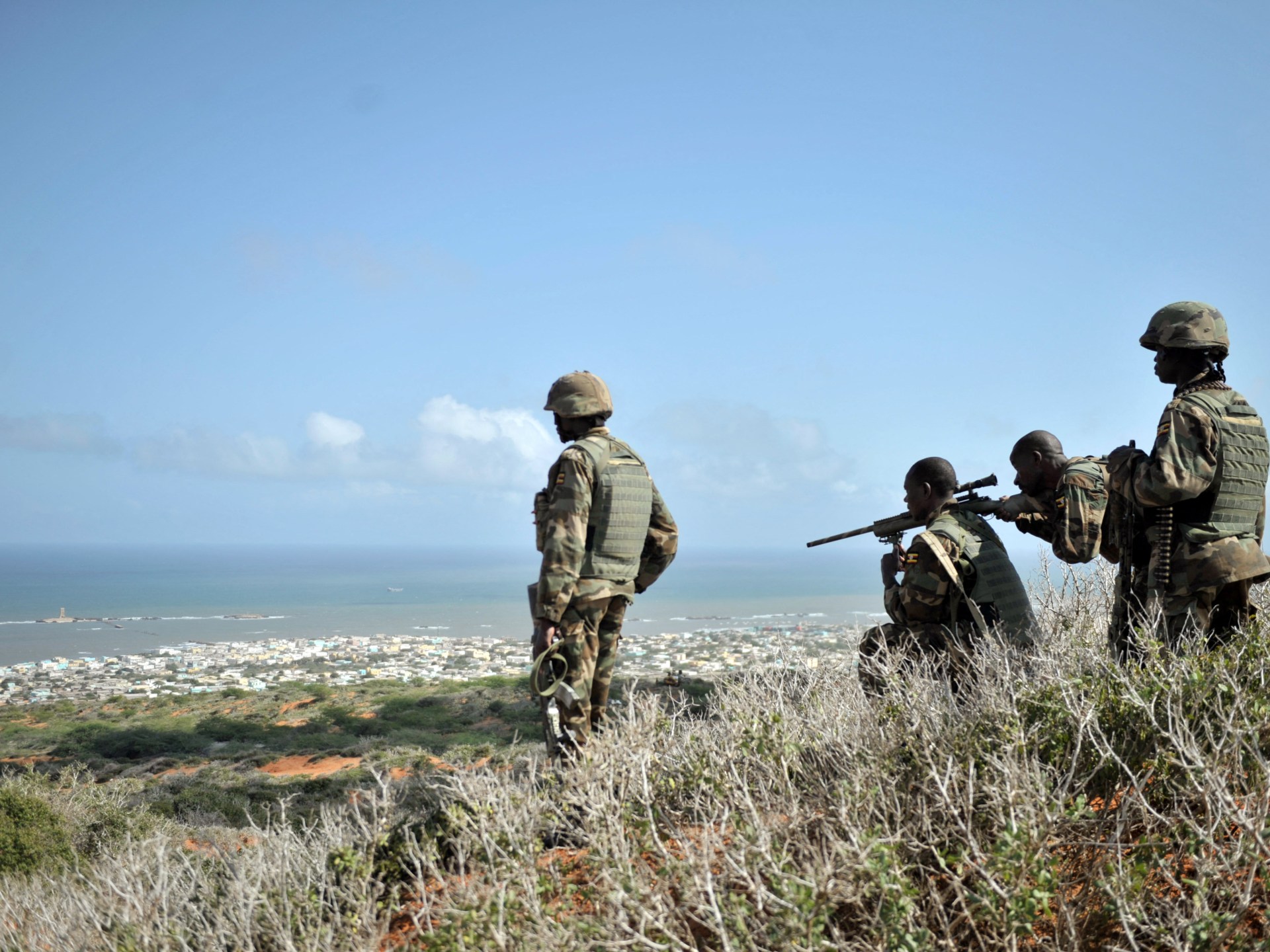Somalia’s government is working to slow down the withdrawal of African peacekeepers and is warning of a potential security vacuum, according to documents seen by Reuters news agency. Neighbouring countries are concerned that resurgent al-Shabab fighters could seize power. The African Union Transition Mission in Somalia (ATMIS), a peacekeeping force, is set to withdraw by December 31, with a smaller new force expected to take its place. However, the government has requested to delay the withdrawal of half of the 4,000 troops due to leave by the end of June until September, as per a letter to the acting chair of the African Union Peace and Security Council. The government had previously suggested adjusting the withdrawal timeline based on the readiness of Somali forces in a joint assessment with the African Union in March.
Negotiations for a new force have been complicated, with the AU initially proposing a more robust mandate than Somalia desired. The European Union and United States, major funders of the AU force in Somalia, have expressed concerns about long-term financing and sustainability. The government is calling for a new force not exceeding 10,000 troops, focused on securing major population centers. The push for a smaller force reflects nationalist sentiments opposing heavy foreign presence in Somalia.
Worried neighbours Uganda and Kenya, which contributed troops to the departing mission, have expressed concerns about the withdrawal. Ugandan State Minister of Foreign Affairs Henry Okello Oryem stated that Somali troops may not be able to sustain long-term military confrontation despite intensive training efforts. Kenya accepted the drawdown requested by the US and EU but emphasized the need to address concerns of countries with forces in Somalia.
Several setbacks have been reported in recent battles against al-Shabab, highlighting the challenges faced by Somali forces. The withdrawal of peacekeepers could make it harder to hold territory gained in previous offensives. While Somalia’s army is estimated to have around 32,000 soldiers, a shortage of trained personnel has been acknowledged by the government. However, Somalia has seen improvements in security in recent years, with residents of Mogadishu noting increased activity and business openings.
International support has been crucial for Somalia’s security, with significant resources provided by countries like the US and the EU. However, these resources are facing strain, leading to discussions about reducing overall contributions and shifting towards bilateral support. Concerns about competing spending priorities and Somalia’s responsibility for its security have influenced these decisions.

